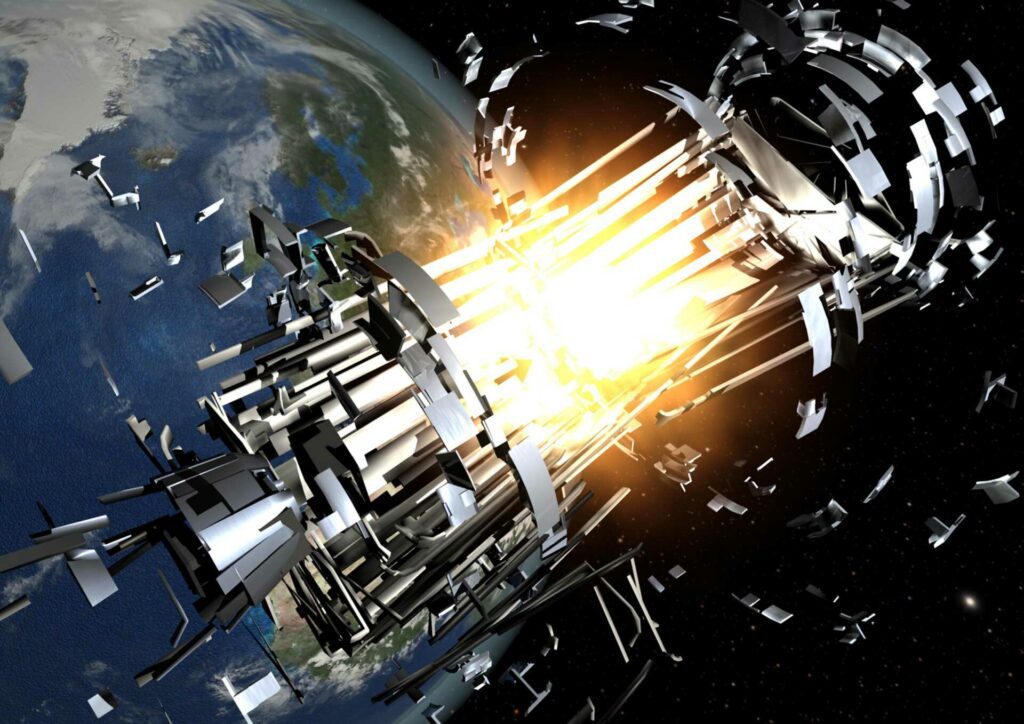Alpha Impulsion Signs the Zero Debris Charter
In recent years, we’ve witnessed more satellites being launched than in the past six decades combined. Today, it’s estimated that about 130 million pieces of debris larger than a millimeter are orbiting Earth. These objects pose serious threats to the active satellites that power our essential services, from communication and meteorology to climate research and navigation. The trend towards increasingly cluttered Earth orbits calls for immediate action if we want to sustain our future space ambitions.
The Zero Debris Charter, a collective initiative by ESA – the European Space Agency, aims to address this challenge by advancing a shared vision of space sustainability with clear goals for 2030.
Of the 28,000 objects larger than 5 cm currently tracked by the US Space Surveillance Network, about 11% are discarded rocket upper stages and other mission-related remnant. Over 560 in-orbit fragmentations have been recorded, primarily due to residual fuel or energy sources that can be left in abandoned rocket stages. Over time, exposure to space’s harsh environment weakens these components, leading to leaks and the spontaneous explosion of residual fuels.
As a launch service provider, we recognize our responsibility in addressing these risks.

Rocket stage breakup in orbit – ©ESA
Our first step toward lowering our impact in space is to ensure the deorbiting of our rocket stage after it delivers satellites, one of our goals for the first orbital launch of Grenat in 2027. We are also working to minimize the risk of in-space explosions by using inherently safe fuels. High-Density Polyethylene and Liquid Oxygen cannot combust spontaneously without an external energy source, greatly reducing the potential for accidents.
As a signatory of the Zero Debris Charter, Alpha Impulsion is committed to advancing space safety and sustainability. Our ultimate goal is to help establish zero-debris policies as the industry standard, paving the way for a safer, sustainable space environment for all.
Alpha Impulsion Signs the Zero Debris Charter Back to the blog Alpha Impulsion joins the zero debris charter community In recent years, we’ve witnessed more satellites being launched than in the past six decades combined. Today, it’s estimated that about 130 million pieces of debris larger than a millimeter are orbiting Earth. These objects pose […]
Alpha Impulsion at IAC 2024 Back to the blog Autophage Small Launcher at IAC 2024 From October 14th to 18th, 2024, Alpha Impulsion attended the International Astronautical Congress (IAC) in Milan, Italy. As one of the most widely recognized events in the space industry, the IAC provided us with the chance to share our progress […]
Eco-design challenge: Autophage propulsion awarded by Connect by CNES Back to the blog Autophage rocket: a more Sustainable Solution ? The Centre National d’Études Spatiales (CNES) has launched an ambitious initiative, challenging companies to pioneer innovative solutions that reduce the environmental footprint of space products and services. We’re thrilled that our project, alongside those of […]
